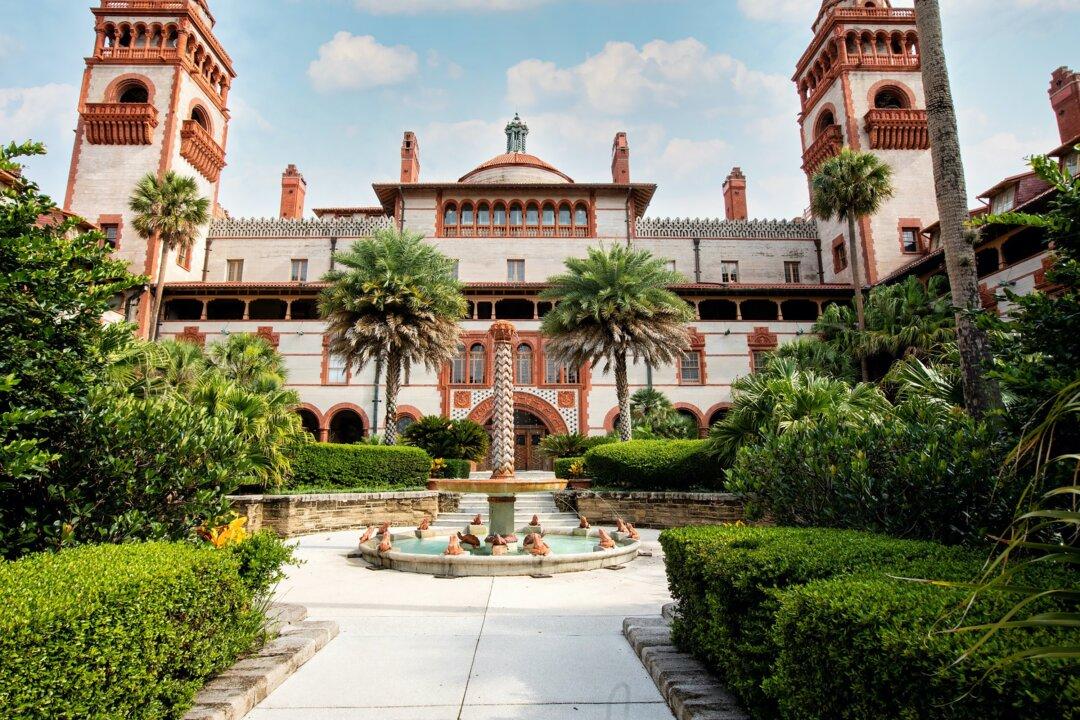By Patti Nickell
From Tribune News Service
St. Augustine–Many agree that the most impressive way to arrive in St. Augustine is by crossing the Intracoastal Waterway on the Bridge of Lions.

St. Augustine–Many agree that the most impressive way to arrive in St. Augustine is by crossing the Intracoastal Waterway on the Bridge of Lions.